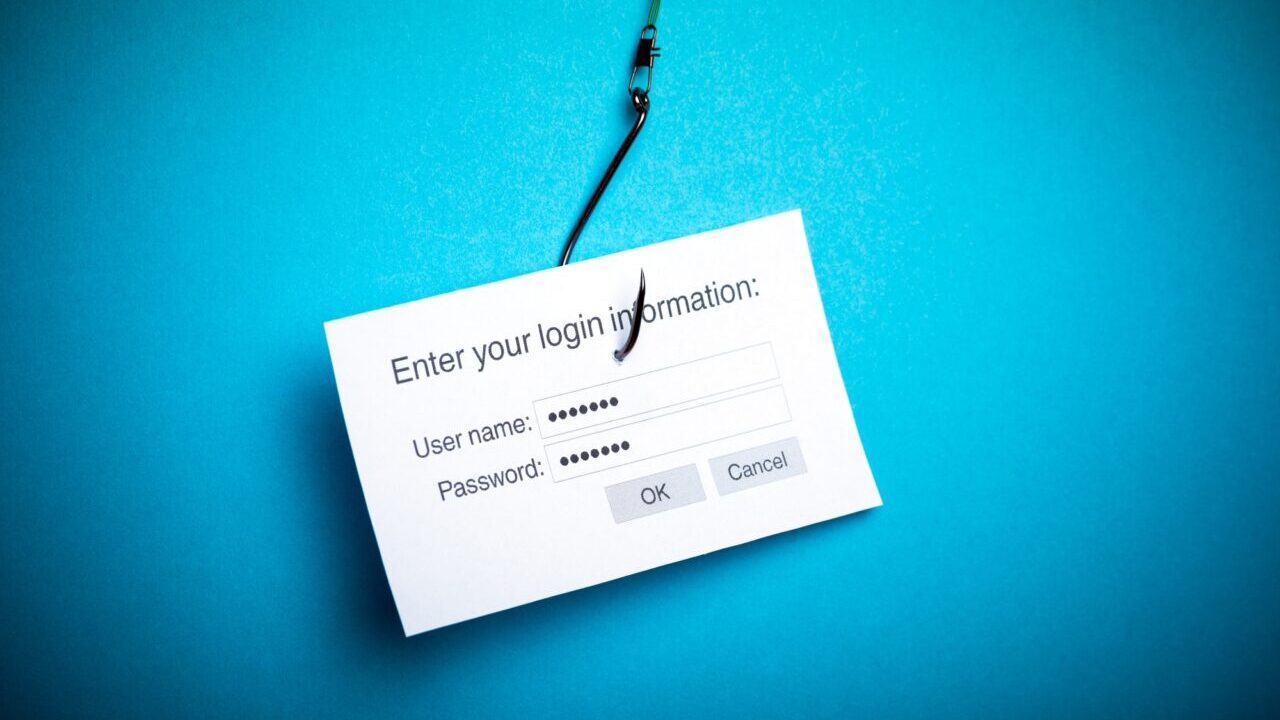At Christmas we are all better. Or so they say. In reality, cybercriminals are more active at Christmas than in the rest of the year. Yes, because if online shopping in this period is convenient to carry on with gifts, between offers and promotions, the period is also greedy for opportunities for supporters of scams: PayPal explains how to avoid online fraud.
A recent report called Eurispes 2022 reveals that 27.2% of Italians suffered a computer scam during the year. Of these, 15.3% were deceived due to a false identity (phishing attack). Alarming data, also confirmed by another report drawn up by the Postal Police in 2021. This highlights a growth in phishing, smishing and vishing attacks for a total of 18,000 full-blown cases of credential theft (mainly access data to home banking systems and of credit).
“Despite the euphoria of the holidays, the desire to buy gifts for loved ones and the many offers that we can find online, this period is more than any other a time in which to pay attention to all phases of the purchase, from the choice of the seller up to the payment methods”, commented Maria Teresa Minotti, Country Director PayPal. “A few simple precautions are enough to make your purchases safely, both during these weeks and for the rest of the year“.
PayPal advice on how to avoid scams when shopping online
Phishing attacks tend to mimic emails from service providers such as Amazon, DHL and PayPal. The latter reminds us that real communication from PayPal always has the following form:
- Addresses you by first and last name or by the name of your business. Anything that starts differently should immediately raise your suspicions, so beware of impersonal greetings like “Dear User” or your email address.
- We never ask for sensitive information, such as your password, bank account or credit card details. If information is needed to confirm or maintain your account, you will be asked to visit PayPal.it to log in securely.
- It never includes attachments. If you receive emails of this type, never open an attachment unless you are 100% sure it is legitimate, as they may contain spyware or viruses.
PayPal also reminds us to pay attention to the details. Any spelling and grammatical errors are the first alarm bell of any fraudulent message. Another recurring element in messages containing scams are the sense of urgency: cybercriminals tend to play with your anxiety by pushing you to click on malicious links with the excuse that your account is at risk or other similar falsehoods. In general it is recommended to never click on a link if you are not sure of the sender. Also beware of telephone calls: many scammers use systems to simulate a call from PayPal.
Finally, we remind you that if you make an online purchase with PayPal, and your item does not arrive or does not match the product description, the company may be able to refund you based on Buyer Protection.















Leave a Reply
View Comments